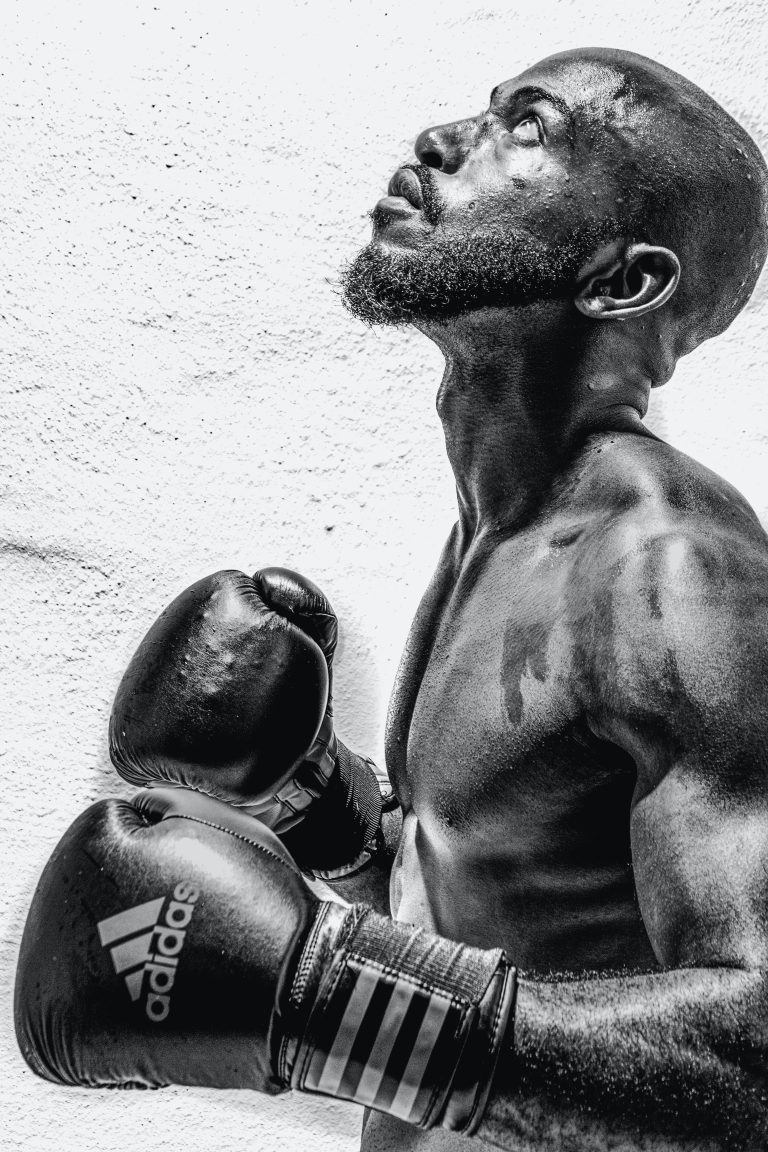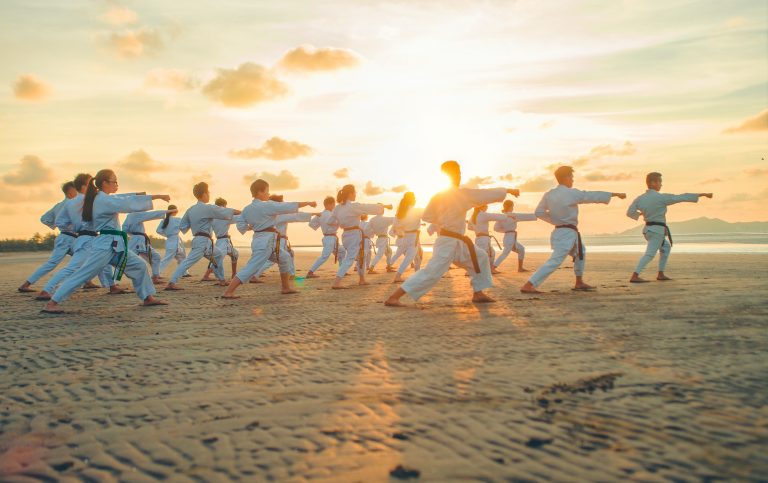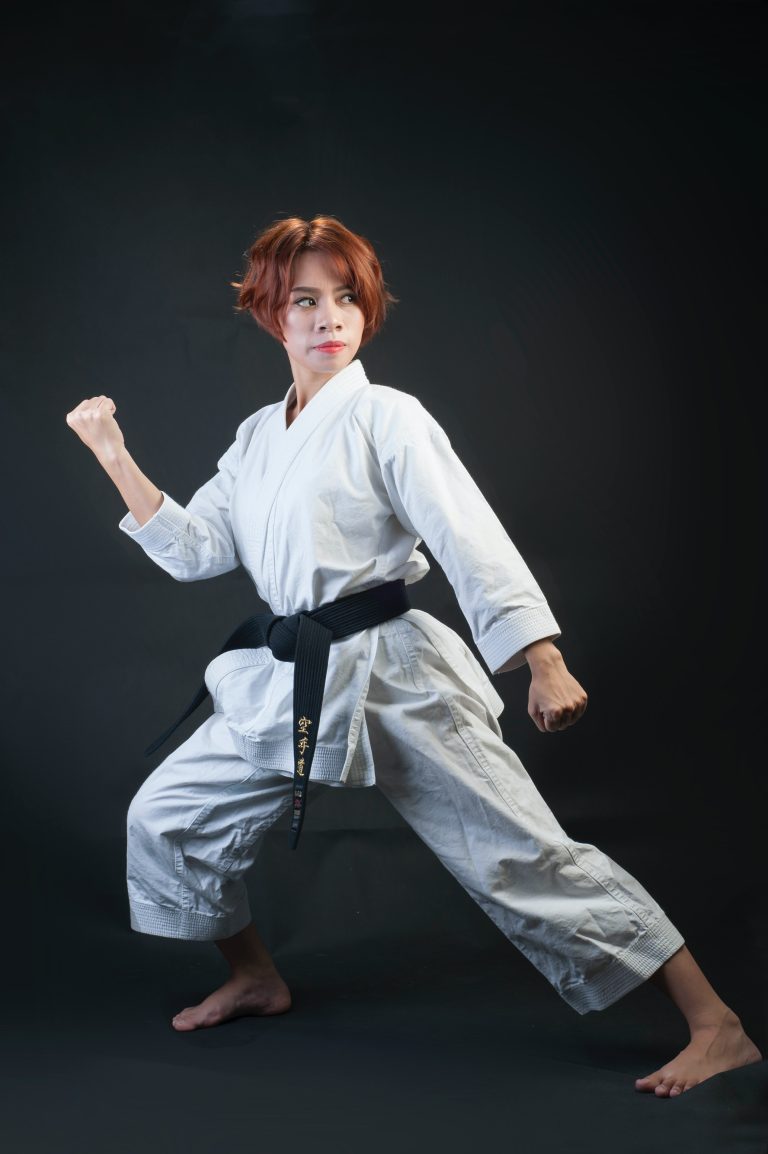Why Karate is Not an Olympic Sport
Karate has been around for centuries, and it has earned a reputation as a popular and prestigious discipline among martial arts enthusiasts. With the rise of the Olympics as a global sporting event, it’s no surprise that many athletes and fans alike are wondering why karate has not yet been included in the Olympic program. In this post, we’ll explore the reasons behind karate’s absence from the Olympics and delve into the debates surrounding this issue.
The History of Karate
Karate originated in the Ryukyu Kingdom, which is now Okinawa, Japan. It was developed as a method of self-defense by the island’s inhabitants, who were often at risk of attack by pirates and robbers. As karate evolved throughout the years, it began to focus more on physical and mental training, with practitioners striving for perfection in their techniques and spiritual growth. Nowadays, Karate is a widely known martial art, with millions of practitioners all over the world.
Karate in International Competition
Karate’s journey to high-level competition began in the 1950s and 1960s when various karate organizations were formed. In 1970, the World Karate Federation (WKF) was established, and it has since become the governing body for international karate competitions. The WKF organizes the World Karate Championships, which are held every two years and are the sport’s premier event. In addition to the World Championships, there are also continental championships and numerous other international tournaments throughout the year.
Karate and the Olympics
Despite its widespread popularity, karate has struggled to gain acceptance as an Olympic sport. This is largely due to the International Olympic Committee’s (IOC) stringent criteria for adding new sports to the program. The IOC’s primary consideration is whether the sport in question has global popularity and a strong following. Other factors such as the cost of events, infrastructure requirements, and gender balance are also taken into account.
Although karate has been under consideration for inclusion in the Olympics several times, it has not yet been successful. Karate was first proposed as an exhibition sport at the 1964 Tokyo Olympics, but it was not accepted. Over the years, numerous other proposals have been made, but none have been accepted by the IOC.
One of the main challenges in the recent debates about including karate in the Olympics has been the question of whether it is a martial art or a combat sport. While many practitioners see it as a martial art with a strong focus on tradition and philosophy, others argue that it is a combat sport that can be easily adapted to the competitive arena.
The Future of Karate and the Olympics
While karate has not yet made it to the Olympics, there is still hope for the discipline. In 2016, it was announced that karate would finally debut as an Olympic sport at the 2020 Tokyo Olympics, but due to the COVID-19 pandemic, the games were postponed until 2021. Unfortunately, this will be the only time for karate to be included, as it was recently announced that it will not be part of the 2024 Paris Olympics sports program.
In conclusion, karate’s absence from the Olympics is due to a combination of factors, including the IOC’s strict criteria for new sports and the debates about whether it is a martial art or a combat sport. While practitioners and fans may be disappointed that karate has not yet been included, it is important to acknowledge the discipline’s growth and popularity as it continues to thrive outside the Olympic arena.
Why Karate is not an Olympic Sport: Most Frequent Asked Questions
Karate is a form of martial arts that originated in Okinawa, Japan, and has since become a globally recognized sport. Despite its immense popularity, karate is not an Olympic sport. The decision to exclude it from the Olympics has raised several questions, some of the most frequent ones are:
1. Why is Karate not an Olympic Sport?
Karate made its Olympic debut in the Tokyo 2020 Olympics, however, it is not a permanent sport in the Olympic program. The reason for this is that the International Olympic Committee (IOC) has a set limit on the number of sports and athletes that can participate in the Games. This is known as the „Olympic Charter“ which states that the maximum number of sports should not exceed 28, and the total number of athletes should not exceed 10,500.
Given the popularity of other sports, such as athletics, swimming, and gymnastics, it is difficult to accommodate new sports in the Olympics without bumping out any existing sports. Therefore, for karate to become a permanent Olympic sport, it must compete with other sports for a spot in the program.
2. What are the Criteria for becoming an Olympic Sport?
The IOC has a set of criteria that a sport must meet to be considered for inclusion in the Olympic program. The criteria are as follows:
– The sport must be widely practiced around the world and have a certain level of popularity.
– The sport must be governed by an International Federation that complies with the IOC’s principles and values.
– The sport must follow the Olympic Charter, including the rules on doping, gender equality, and amateurism.
– The sport must add value to the Olympic program and contribute to the overall success of the Games.
Karate meets all of the above criteria and has even been included in the Olympics as a demonstration sport in the past. However, the competition for a permanent spot in the Olympic program is fierce, and karate has to compete with several other sports to be included permanently.
3. What are the Pros and Cons of Karate becoming an Olympic Sport?
Pros:
– Karate becoming an Olympic sport will increase its global exposure and popularity.
– Athletes will have access to better funding and training facilities.
– It will inspire more people to take up karate, which can lead to an increase in participation and talent.
Cons:
– The Olympic program is already packed with popular sports, and including karate means one of these sports must be removed.
– Karate may lose its authenticity and traditional values due to the emphasis on competition and winning.
– There may be increased pressure on athletes to perform well and win medals, which can be detrimental to their mental health.
4. What can be done to make Karate an Olympic Sport?
To make karate an Olympic sport, the International Karate Federation must continue to meet the IOC’s criteria and lobby for its inclusion in future Olympic programs. Additionally, karate can be modified to make it more spectator-friendly and easier to understand by casual viewers. This can make it more attractive to broadcasters and sponsors, which can increase its chances of inclusion in the Olympics.
In conclusion, Karate is not presently an Olympic sport, but it has demonstrated its value to the sporting world in many ways, particularly in the Tokyo 2020 Olympics, where it made its Olympic debut. As explained, the IOC has several criteria that a sport must meet to be included in the Olympic program. While it may be challenging for Karate to become a permanent Olympic sport, it still has a chance, and its advocates should continue to lobby for its inclusion in the program.
How to Understand Why Karate is Not an Olympic Sport?
Karate is one of the most popular martial arts in the world, with millions of practitioners globally. Despite its popularity and widespread appeal, karate has yet not made its way to the Olympics. This has led to many questions and debates about why karate is still not an Olympic sport. In this blog post, we will discuss the reasons behind this decision and help you understand why karate is not an Olympic sport.
Step 1: Understand the Olympic Charter
The Olympic Charter is a set of guidelines that outlines the principles and values of the Olympic Games. The Charter contains a list of sports that are eligible to be included in the Olympics. To be considered for inclusion in the Olympics, a sport must fulfill specific criteria outlined in the Charter, such as having an international governing body and being widely practiced around the world.
Step 1.1: Review Olympic Charter’s Criteria for sports
One of the primary criteria for inclusion in the Olympics is that a sport must have a governing body that ensures standardized rules and regulations, fair competition, and ethics in sports. The International Olympic Committee (IOC) is mandated to evaluate sports that are proposed for inclusion based on their global appeal, universality, popularity, and gender equality.
Step 1.2: Check Karate’s eligibility as per Olympic Charter
Based on the criteria outlined in the Olympic Charter, karate has fulfilled the requirements for inclusion in the Olympics. The World Karate Federation (WKF) is the governing body for karate, and it has implemented standardized rules and regulations that ensure fair play, safety, and ethics in the sport. Additionally, karate is widely practiced globally and boasts millions of participants in various countries worldwide.
Step 2: Discover the IOC’s decision-making process for sports inclusion
The final decision for the inclusion of a sport in the Olympics lies with the IOC. The IOC evaluates each sport’s potential based on factors such as its popularity, cultural significance, and gender equity. To ensure maximum participation, the IOC sets a cap on the number of sports and athletes that can participate in the Olympics.
Step 2.1: Check Karate’s popularity
Karate is undoubtedly one of the most popular martial arts in the world, with millions of practitioners in various countries worldwide. It has a rich cultural heritage and has been practiced for centuries. The sport has also gained more popularity in recent years due to its widespread appeal in different parts of the world.
Step 2.2: Evaluate the Gender Equity of Karate
Gender equity is a critical factor in sport’s inclusion in the Olympics. The IOC requires that any sport considered for inclusion must promote gender equity and should have equal participation opportunities for both men and women. Karate has made significant progress in this area and has implemented measures that promote gender equity in the sport.
Step 3: Identify the reasons behind karate’s exclusion from the Olympics
Despite fulfilling the eligibility criteria outlined in the Olympic Charter, karate has not been included in the Olympics, as is the case with other sports such as squash and bowling. One of the primary reasons cited for karate’s exclusion from the Olympics is due to the limited number of sports that can participate. As such, some sports have to be omitted, and karate might have missed this quota.
Step 3.1: Check for Karate events in previous Olympics
To date, karate has only been exhibited twice as a sport in the Olympics, first in the 1964 Tokyo Olympics and again in the 2021 Tokyo Olympics. In both instances, karate was included as a demonstration sport and not a medal event. Being a demonstration sport means that the sport is showcased to promote it rather than being a full member of the Olympics.
Step 3.2: Explore the cultural aspect of Karate
Another reason cited for karate’s exclusion from the Olympics is its cultural significance. The Olympics are designed to celebrate athletic prowess and promote unity and peace worldwide. Some argue that karate, being a martial art, glorifies violence, which is contrary to the Olympic values of peace and unity.
Step 4: Consider the pros and cons of karate’s inclusion in the Olympics
The debate over karate’s inclusion in the Olympics has its pros and cons. One significant advantage of karate’s inclusion is that it would give the sport a global platform to showcase the discipline’s skills and techniques. It would also provide exposure to millions of people worldwide and create an opportunity for karate practitioners to compete at the highest level.
Step 4.1: Analyze the disadvantages of karate in Olympics
However, there are concerns that karate’s inclusion in the Olympics could potentially water down the sport and take away from its traditional values. Some fear that the need to conform to Olympic standards could lead to a dilution of the discipline’s core elements.
Step 4.2: Examine the benefits of karate in Olympics
Despite these concerns, many believe that karate’s inclusion in the Olympics would provide a much-needed platform to promote the sport and help it grow. It would also provide an opportunity for karate practitioners to showcase their skills and compete at a higher level alongside other sports in the Olympics.
Conclusion
In conclusion, karate’s exclusion from the Olympics is a topic of great debate and discussion worldwide. Although the sport has fulfilled the eligibility criteria outlined in the Olympic Charter, its inclusion in the Olympics is ultimately up to the IOC. Karate’s popularity, gender equity, and cultural significance have been scrutinized, with the sport’s exclusion mainly due to the limited number of sports that can participate. Despite this setback, the sport continues to grow and gain popularity, and many hope that one day karate will be represented as a medal event in the Olympics.
Inhaltsverzeichnis






